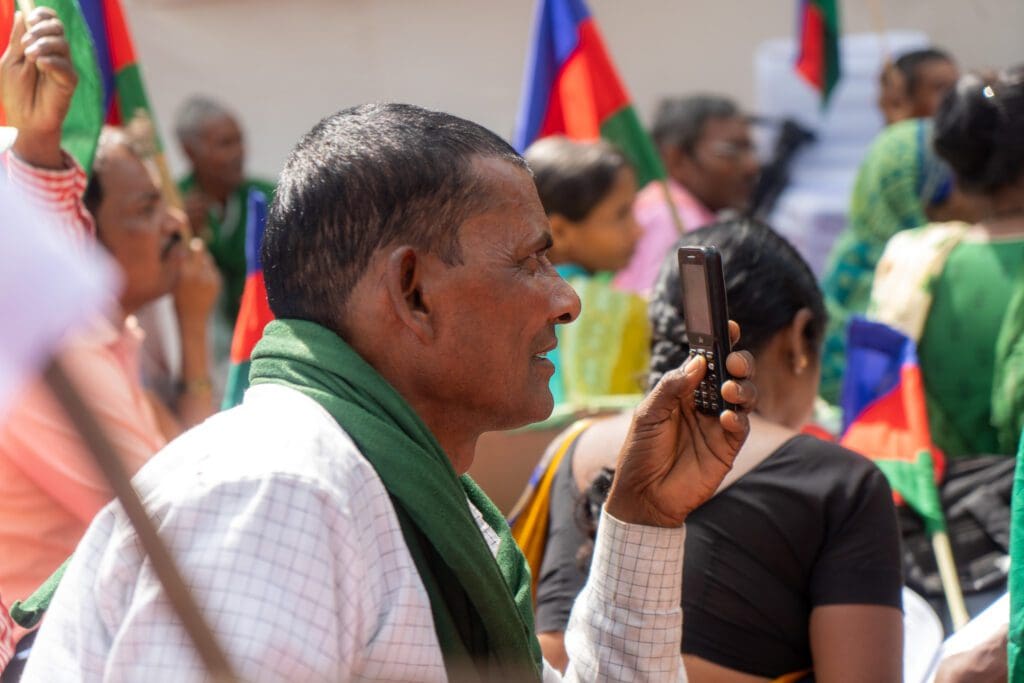
India’s arbitrary internet shutdowns disproportionately hurt communities living in poverty that depend on the government’s social protection measures for food and livelihoods, Human Rights Watch and Internet Freedom Foundation said in a report released on Tuesday.
Since 2018, India has shut down the internet more than any other country worldwide, undermining the government’s flagship “Digital India” program, and making regular internet access vital for delivering critical public services.
The 82-page report “‘No Internet Means No Work, No Pay, No Food’: Internet Shutdowns Deny Access to Basic Rights in ‘Digital India,’” finds that internet shutdowns impair essential activities and adversely affect economic, social and cultural rights under Indian and international human rights law.
Indian authorities, in the name of maintaining public order, have ignored Supreme Court orders setting out procedural safeguards to ensure that internet suspensions are lawful, necessary, proportionate, and limited in scope and territory. Decisions by central and state government authorities to disrupt internet access are often erratic and unlawful, and are used for restricting protests and preventing cheating in examinations.
HRW and IFF identified 127 shutdowns in the three years between the Supreme Court’s decision and December 31, 2022. Of 28 Indian states, 18 shut down the internet at least once during this period. This number does not include Jammu and Kashmir, where the authorities shut down the internet more than any other place in the country.
Eleven of the 18 states did not publish suspension orders as directed by the Supreme Court. Even those published in many cases did not justify the risk to public safety.
The UN Human Rights Council passed a resolution in 2016 unequivocally condemning internet shutdowns and called upon all states to “refrain from and cease such measures.” In June 2022, India signed a statement along with Group of Seven (G7) nations and four other countries, committing to ensure “an open, free, global, interoperable, reliable and secure internet.”
Most shutdowns involve only cutting off access to the internet on mobile phones. But this translates into a near-total internet blackout in that region because 96 percent of subscribers in India use their mobile devices to access the internet, while only 4 percent have access to fixed-line internet. Mobile connectivity is even more critical in rural areas, as 94 percent of fixed-line connections are in urban areas.
Source: HRW



